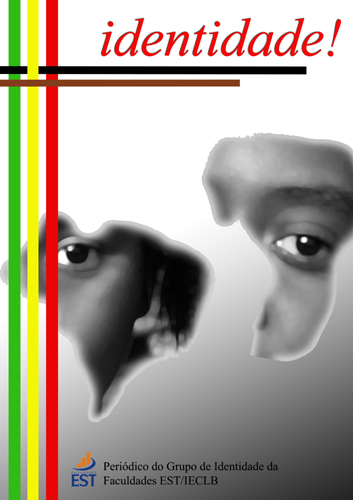RESISTANCES AND RELIGIOSITY OF THE TABAJARA INDIANS OF PARAIBA IN THE 21ST CENTURY
DOI:
https://doi.org/10.22351/id.v28i2.2888Keywords:
Tabajara Indians, Pentecostalism, Culture, IdentityAbstract
The representation of the Indian as ‘the other’, ‘wild’, ‘exotic’ was the rhetorical medium used to bring about the most grotesque forms of domination, slavery, invisibility and extermination of these people. Cultural wealth such as customs, language, cuisine, belief, rituals, spiritualities is no longer recognized and has been exterminated. The understanding and appreciation of ancestral peoples were silenced and erased. Authors such as Costa (2022), Falcão (2022), Farias (2021) and Figueiredo (2020) assert that this view of original peoples continues to exist and is present in society, mainly through manifestations of prejudice, discrimination and devaluation of this ancestral culture. The present study is an excerpt of a doctoral thesis that analyzes the limits and challenges of the Religious Universe of the Tabajara Indians of Paraíba, in the 21st century (Andrade Júnior, 2022). In this sense, the objective is to analyze the relationship of the Tabajara with the Christian faith professed by the Pentecostal churches. It is a work with a qualitative approach, which uses descriptive and bibliographic research in the last decade. The Tabajara, in the search for the retaking of their territories and in the preservation of their identity, continue to face many conflicts in the field of religiosity and the affirmation of their ethnicity.
Downloads
Published
How to Cite
Issue
Section
License

This work is licensed under a Creative Commons Attribution-NonCommercial-NoDerivatives 4.0 International License.


